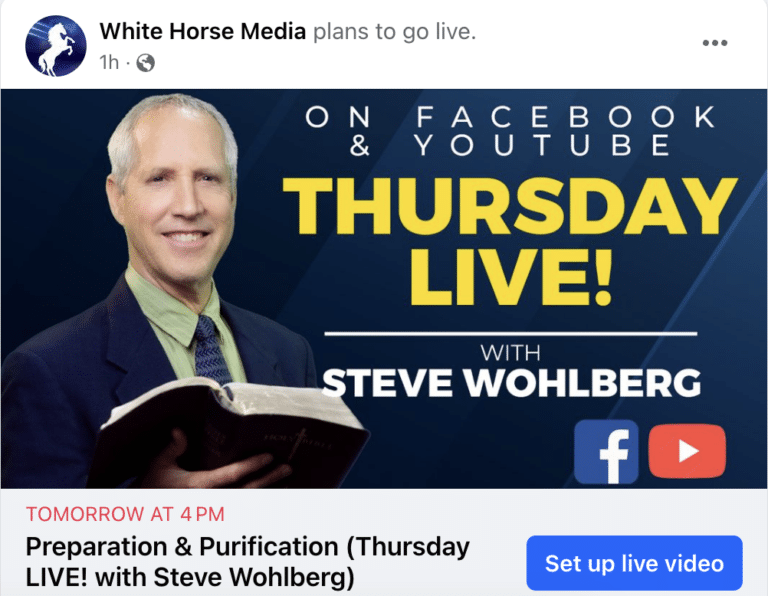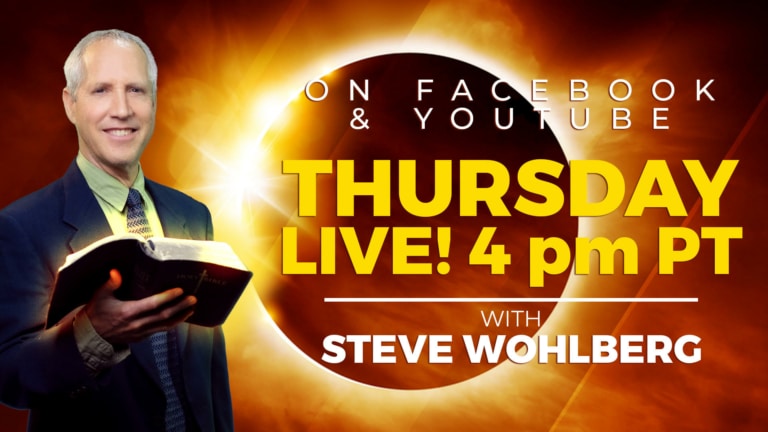Sun worship infects ancient Israel: In the ancient world, ‘sun worship’ was one of the most common forms of pagan idolatry. Immediately after Israel left Egypt, God warned His people against being “driven to worship … the sun.” Deut. 4:19. Yet Israel later yielded to temptation, compromised with the nations around them, and dedicated their “horses … to the sun.” 2 Kings 23:11. During a time of revival, King Josiah purged much of Israel and “burned the chariots of the sun with fire.” 2 Kings 23:11. Before the Babylonian captivity, many Israelite leaders rejected their Creator, yielded again to idolatry, and “worshipped the sun toward the east.” Ezekiel 8:16. At the same time, God declared that they “hid their eyes from My Sabbaths.” Ezekiel 22:26. Thus ancient Israel shifted from Sabbath-keeping to sun worship. In 1 Corinthians 10:1-11, Paul warned the Church against repeating the sins of ancient Israel.
Sun worship, “the day of the sun,” and “Sunday”: The Romans called the sun god “Mithra” and “Apollo,” and they especially worshiped the sun on “the first day of the week,” also called “Dies Solis” (Latin), which means, “day of the sun.” The name ” Sun day” was adopted “because this day was anciently dedicated to the sun, or to its worship. The first day of the week.” Webster’s Dictionary; 1929 edition.
A predicted “falling away” within the Church: Through the enlightenment of the Holy Spirit, Paul discerned that a tragic “falling away” from Jesus Christ and Bible truth would eventually occur within Christianity and that “the man of sin” would arise. 2 Thess. 2:3. This “man of sin” is the same power as the “little horn” with “eyes like the eyes of a man” (Dan. 7:8), and “the beast” (Rev. 13). Even in his own day, Paul saw errors creeping into the church, and declared: “the mystery of iniquity doth already work.” 2 Thess. 2:7. Paul warned that after his death, from among “the elders of the church,” men would “arise, speaking perverse things, to draw away disciples after them.” Acts 20:17, 30. This apostasy would result in a departure from God’s Word and the original faith as taught by Jesus Christ. See 1 Tim. 4:1. Other New Testament writers warned that deceptions were entering the Church. See 2 Peter 2:1; 1 John 2:18, 19; Jude 3, 4.
Anti-Jewish sentiment fueled the Sabbath-to-Sunday shift: Near the end of His ministry, Jesus predicted that every stone of the Jewish Temple would be “thrown down.” Mat. 24:1, 2. This occurred when the temple was destroyed by the Romans during “The First Jewish War” in 70 A.D. When the Romans again made war with the Jews from 132-135 A.D., the Roman Emperor Hadrian banished all Jews from Palestine. These Jewish Wars took placeafter the book of Acts was written and resulted in great pressure upon the early Christian Church to move away from anything that “appeared Jewish,” including the Sabbath. Because Sunday was already popular throughout the Roman Empire as a day for sun worship, some Christian leaders (now called the early “Church Fathers”) yielded to temptation and began shifting from “Sabbath to Sunday.” “Jesus Christ rose on Sunday!” became their rationalizing cry. Thus they used the resurrection of Jesus Christ, who “died for our sins” (1 Cor. 15:3) which is the breaking of God’s Law (1 John 3:4), as an excuse to break one of the Ten Commandments.
Christians compromise with pagan “sun worship” practices and adopt “Sunday” as a day of rest: “Before the coming of Christ, all the Eastern nations performed divine worship with their faces turned to that part of the heavens where the sun displays his rising beams … The Christian converts … retained the ancient and universal custom of worshiping toward the east, which sprang from it.” Mosheim’s Ecclesiastical History, century ii, part ii, ch. iv, par. 7. “Sunday (Dies Solis, of the Roman calendar; ‘day of the sun,’ because it was dedicated to the sun), the first day of the week, was adopted by the early Christians as a day of worship.” Schaff-Herzog Encyclopedia of Religious Knowledge, Art. “Sunday.” “We all gather on the day of the sun … on this same day Jesus Christ our Savior rose from the dead.” From the “Church Father,” St. Justin. Quoted in the New Official Catholic Catechism(1994), p. 524.
Following in the steps of ancient Israel,
Christians in the 1st (latter part), 2nd and 3rd centuries
“hid their eyes” from God’s Sabbaths (see Ezek. 22:26)
and adopted pagan traditions associated with sun worship.
For more information, read Truth Left Behind by Steve Wohlberg, Sunday: The Origin of Its Observance in the Christian Church, by E.J. Wagonner, or watch the fascinating 5-part TV documentary, The Seventh-day: Revelations from the Lost Pages of History, produced by LLT Productions. All three are now available from White Horse Media. www.whitehorsemedia.com. 1-800-78-BIBLE.






